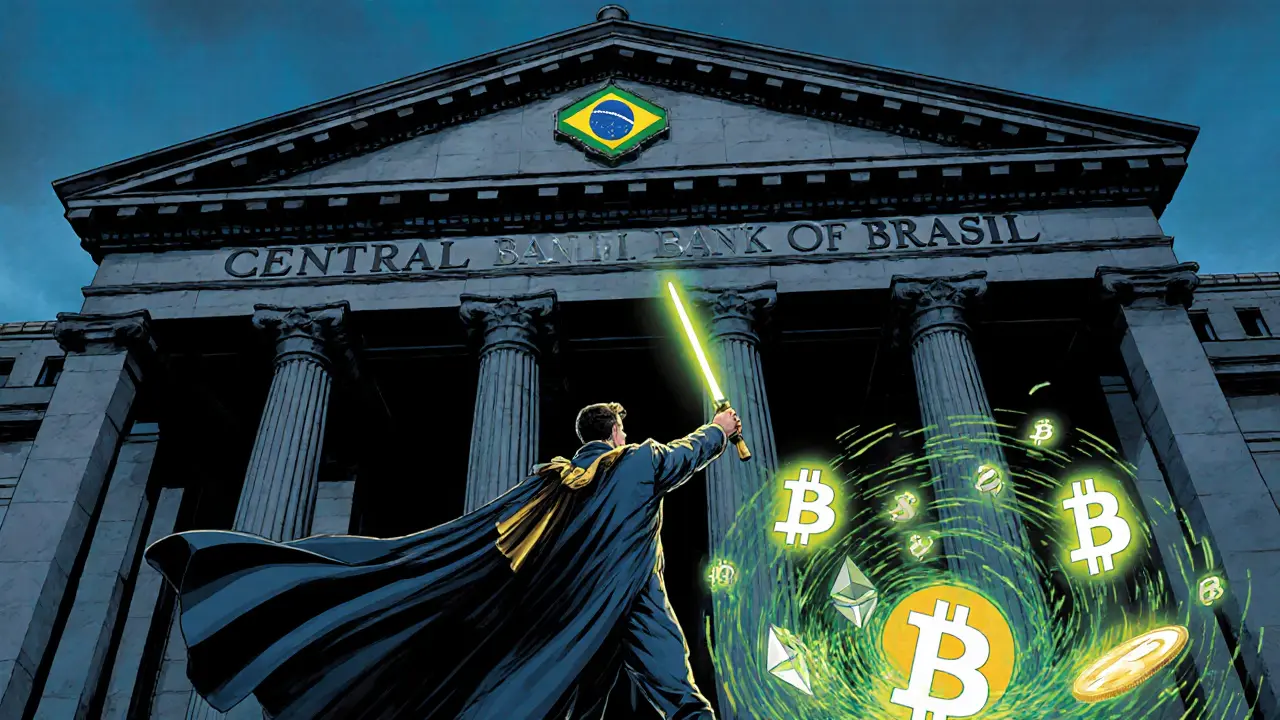How Brazil’s Central Bank Licenses Crypto Exchanges in 2025
A detailed guide on how Brazil's Central Bank licenses crypto exchanges, covering Law 14.478/2022, new forex rules, compliance steps, and practical impacts for businesses.
When working with forex rules Brazil, the set of regulations that govern foreign‑exchange trading within Brazil. Also known as Brazilian FX regulations, it decides who can trade, what reporting is mandatory, and how brokers must safeguard client funds.
One of the core pillars behind these rules is KYC compliance, the process of verifying a client’s identity to prevent money laundering and fraud. In Brazil, the Central Bank requires every licensed broker to run thorough due‑diligence checks, keep records for five years, and flag suspicious activity. This tight KYC framework not only satisfies anti‑money‑laundering laws but also builds trust between traders and institutions.
The Brazilian Central Bank, the main financial authority overseeing monetary policy and market stability sets the licensing standards for forex dealers, caps leverage ratios, and monitors real‑time trade flows. Its recent guidance on digital assets means any forex platform dealing with crypto‑paired pairs must align with both traditional FX rules and emerging crypto‑regulation. This dual‑track approach forces brokers to adapt quickly, ensuring transparent pricing and adequate capital buffers.
Speaking of cryptocurrency regulation, the legal framework that defines how digital tokens can be offered, traded, and stored in Brazil, it directly shapes the landscape for forex‑crypto hybrids. The government treats many crypto tokens as securities, imposing reporting duties similar to those for foreign‑exchange contracts. As a result, traders looking to swap real currency for Bitcoin, Ether, or stablecoins must use exchanges that are both FX‑licensed and crypto‑compliant.
Financial institutions—banks, brokerage houses, and payment processors—play a critical role in enforcing these standards. They must implement robust AML (anti‑money‑laundering) systems, conduct periodic risk assessments, and submit transaction reports to the Central Bank’s oversight unit. By doing so, they reduce regulatory risk, lower operational costs, and protect customers from fraud.
All these pieces—KYC checks, Central Bank directives, crypto‑law, and institutional risk controls—form a tightly woven safety net. For a trader, that means clearer rules, fewer surprise penalties, and a more predictable market environment. Below you’ll find a curated list of articles that dive deep into each of these topics, from step‑by‑step KYC guides to the latest updates on Brazil’s crypto‑friendly policies. Keep reading to see how each rule impacts your trading strategy and what actionable steps you can take right now.

A detailed guide on how Brazil's Central Bank licenses crypto exchanges, covering Law 14.478/2022, new forex rules, compliance steps, and practical impacts for businesses.